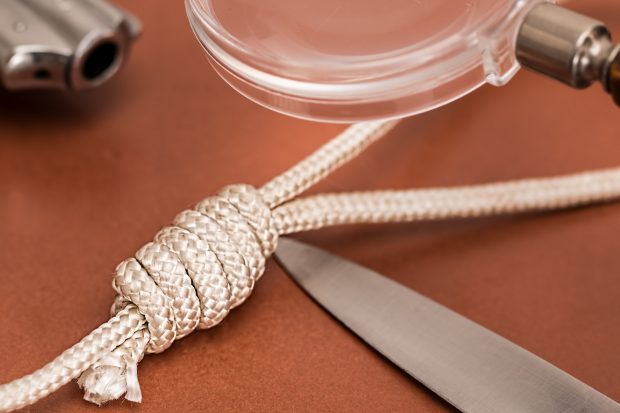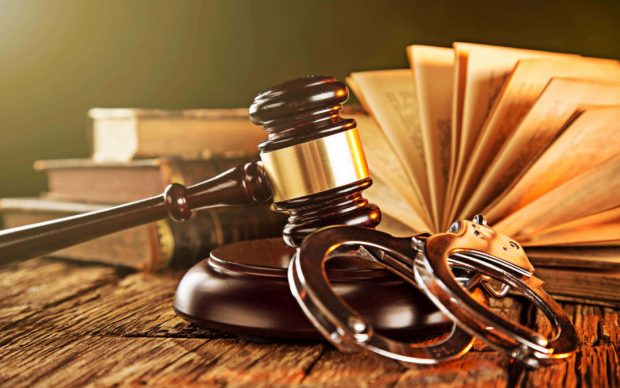The ability to gather evidence is one of the most vital steps for anyone who is conducting an investigation. However, not any evidence is proof that criminal activity has been conducted. It’s collected to help the judge make the right decisions. The evidence must be related to whatever is being investigated. With that said, there is so much evidence that can be gathered for criminal cases. Evidence can be obtained from witness observations, analysis of physical objects used by offenders, or people involved within the timeline of the criminal act. It’s from the evidence that the court can determine that a charge is proven beyond a reasonable doubt. Billy Jensen explains that not all evidence collected is preserved; what is preserved is only what the court deems relevant to play a vital role in the defendant’s defense.

Types Of Evidence
To protect your rights as a defendant for a fair trial, the government ensures that the right evidence is collected. Besides, the government states out what can or cannot be used as evidence in court. It’s only that which is to establish proof. The evidence can be used against you, or it may be in your favor. To obtain the best evidence, you may need to meet Torrance criminal attorney to investigate your case and point out any biasness in your evidence. There are various types of evidence needed to be preserved during criminal investigations and prosecutions. They include:
• Alibi evidence: This consists of the witness’s statements that the defendant wasn’t at the scene when the alleged criminal activity occurred. Meaning he/she could not be the one who conducted the crime. However, what is considered material under these types of evidence depends on the circumstances of each case. The court not only uses alibi evidence but may also have other forms that are material and exculpatory.
• Hearsay evidence: This involves anyone who saw the criminal activity but is not present to give the statement. While this type of evidence is not admissible in court, it’s sometimes relevant in cases where the burden of proof is not strong than in court.
• Witness testimony: Anyone who witnesses a crime is allowed to testify on whatever he/she heard or saw. This is termed as direct evidence. Anyone who is deemed to be of sound mind may satisfy the court with a high probative evidence
• Audio or video recordings statements: This could include records of a statement made by witnesses. The criminal activity may be recorded by video or camera. This can be used as real evidence in court
• Evidence collected at the crime scene prior to the trauma scene cleanup: This may include blood samples, photos taken at the scene or any weapon used to threaten or murder.
• Written statements made during investigations: This is the notes were made during interrogations
During the criminal proceedings, the defence lawyer must provide the evidence he/she may have. Having this evidence doesn’t mean that a defendant may be found guilty or the charges may be dismissed. The prosecutor can question their accuracy.
Who Should Correct Evidence
There are many authorities that have power to correct evidence, some of them include:
• Investigators: This may include the local or state agencies, forensic detectors which may trace may trace evidence through DNA samples or fingerprints
• The police: In most criminal cases, the law enforcement officers are mandated to collect the
• Prosecutors: Though prosecutors need to preserve evidence to support the case, the burden of proofing guilt beyond reasonable doubt lies with the court.

Any evidence preserved in criminal cases is sometimes limited to what could be material and exculpatory. Therefore, the defendant may request the court to exclude any evidence they believe to be violating their constitutional rights. Though court cannot do anything on such an allegation of violation, coming up with such claims would require a seasoned lawyer’s help to show that there was a malicious intent behind the collection of evidence. In such a case, the court may be forced to suppress any other related evidence or dismiss the case, or a new trial may begin if the evidence is not apparent until after a conviction.
Looking For A Criminal Defense Lawyer To Analyze Your Evidence
Analysis evidence requires a defense lawyer to evaluate and study the facts of criminal cases. Besides, the lawyer may have the evidence tested independently. With this, he/she may be able to determine what strategy may work for your conviction. As mentioned here, https://kk-attorneys.com/lake-of-the-ozarks/ if you have been accused of a crime, the best thing you can do is to look for an experienced defence lawyer. He/she can advise you on the procedural requirements of having evidence presented in court. A good lawyer can help you with counsel on how to deal with law enforcement officers when the investigation is being conducted. The lawyer can also perform their investigation and, at the same time, present exculpatory evidence that may repudiate any potential charges from the prosecutor.
Read More:
How to dress to impress in law
All you need to know about estate probate lawyer
Finding a job when you have a criminal record
Looking for the executive in Austin

